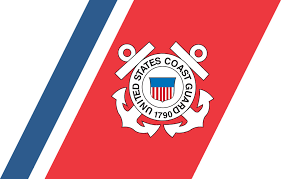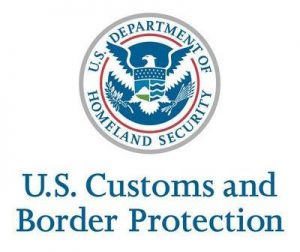Subject: Petroleum Residue (SLOPS)
This notice issued to clarify U.S. Customs policy regarding Petroleum Residue (SLOPS)
TO: Customs Brokers, Importers, Marine Salvage Companies, and Steamship Companies.
BACKGROUND
Petroleum slops is a generic term of the petroleum industry used to describe the pumpable residue crude oil that is washed or scrapedfrom the inside of petroleum cargo tanks on vessels. SLOPS are collected and generally stored in a special tank on eachvessel where they are held until eventual discharge.
ACTION
Petroleum slops must be manifested as cargo at the first port of arrival prior to discharge. Since the quantities of slops cannot be determined until they are generated,the quantities must be estimated. The slops can be referred to as “crude oil residue,” “crude Oil slops,” or “product slops.” Manifest discrepancies must be reported in accordance with 19.CFR4.12.
Slops may be discharged into shore tanks or barges upon submission of a Customs approved CF 3171 (Lade/Discharge Order) making the importing carrier responsible for insuring Customs entry for the cargo is filed. Formal or informal entry of the slops is not required prior to discharge. However, Customs and Border Protection encouragesentry prefiling to facilitate cargo release and examinations.
Slops will be valued at $.50 per barrel (42gallons) on the petroleum product excluding”free standing” water. This value may be used to determine the type of entry (formal or informal). Cargo not exceeding a value of$2,500.00 may be released on an informal entry.
The marine salvage company or their broker should file the formal/informal entry in the Marine Division at 5401 Coffee Drive with an appointment during business hours. Entry may be filed after cargo measurement (ullage) and discharge. The slops will be entered under HTSUS 2709.00.2090. The duty assessed for this classification is presently 10.5 cents per barrel. A pro for main voice will be presented when making entry.
In determining the net dutiable quantity, on a case-by-case basis, freestanding water may be excluded from the entered quantity. The entry should statethe quantity of petroleum product the duty is paid on. The statement “This entry coverspetroleum slops and excludes free standing water” should be made on the pro forma invoice. If, in addition to this, the salvage company wishes to file an excessive moisture claim (BS&W), then the claim must be supported with a Customs approved Public Gauger outturn and an analysis by a Customs-Accredited Commercial Laboratory. This BS&W claim must be submitted with a formal entry.
Any samples taken will be drawn from the oil layer above the freestanding water.
Marine salvage companies should maintain records to support their figures in case Customs decides to conduct an audit. Customs will nor routinely witness the ullage of slops; however, Customs retains its option to perform unannounced spot checks.
Should you have any questions concerning this procedure, please contact Senior Inspector Thomas Clayborne in New Orleans at 504-269-6144.


